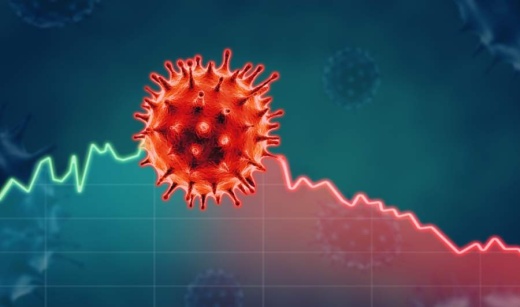“Based on the research today, COVID-19 is going to impact suicide,” she said in a phone interview April 21. “But we know that suicide is complex, and it’s driven by multiple factors, so we can’t say it’s just COVID-19. We’ve been seeing suicide rates increase for several years now.”
Individuals may be concerned about becoming ill, dealing with uncertainty about the future, feeling financial strains or forced to change their daily routines during the pandemic—all factors that could play into increased stress and anxiety, Hazim said.
AFSP officials are encouraging people to take care of both their physical health and mental health. This could include getting adequate sleep, spending time outside if possible and staying connected to loved ones virtually.
“We’re also encouraging people to just stay focused on the things that they can control,” she said. “Really [try] to stick to your daily routine: getting dressed, getting showered.”
The local AFSP chapter has transitioned many events planned for this spring to virtual venues, utilized Zoom to continue educating groups about suicide prevention and helped area support groups get connected online while they cannot meet in person.
Hazim said entities such as The Harris Center for Mental Health have reported an uptick in calls on their crisis lines led to the creation of the new coronavirus mental health support line available for all Texans. State residents can call 833-986-1919 to speak with a mental health professional and 211 for other resources needed during this time.
Officials with the AFSP worked with elected officials to secure an additional $50 million in the Coronavirus Aid, Relief, and Economic Security Act passed last month. Funding will be used for suicide prevention programs including the National Suicide Prevention Lifeline, Hazim said.
“We are now calling upon Congress to include additional funding and policies that would expand access to mental health services, provide recovery resources and build out our mental health infrastructure in future COVID-19 relief legislation,” she said.
- Texans experiencing anxiety, stress and emotional changes can reach a mental health professional at 833-986-1919.
- Crisis Text Line is a free resource available 24/7 for those in crisis to communicate with a trained crisis counselor by texting TX to 741741.
- The National Suicide Prevention Lifeline for individuals dealing with suicidal thoughts is 800-273-8255.
- For resources to help protect mental health during the coronavirus pandemic, visit www.afsp.org/mental-health-and-covid-19.





